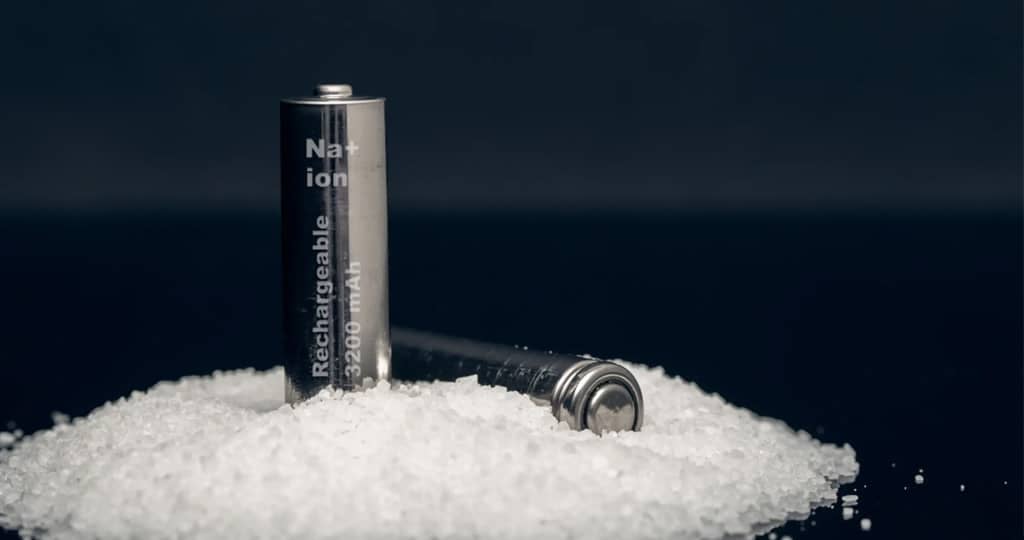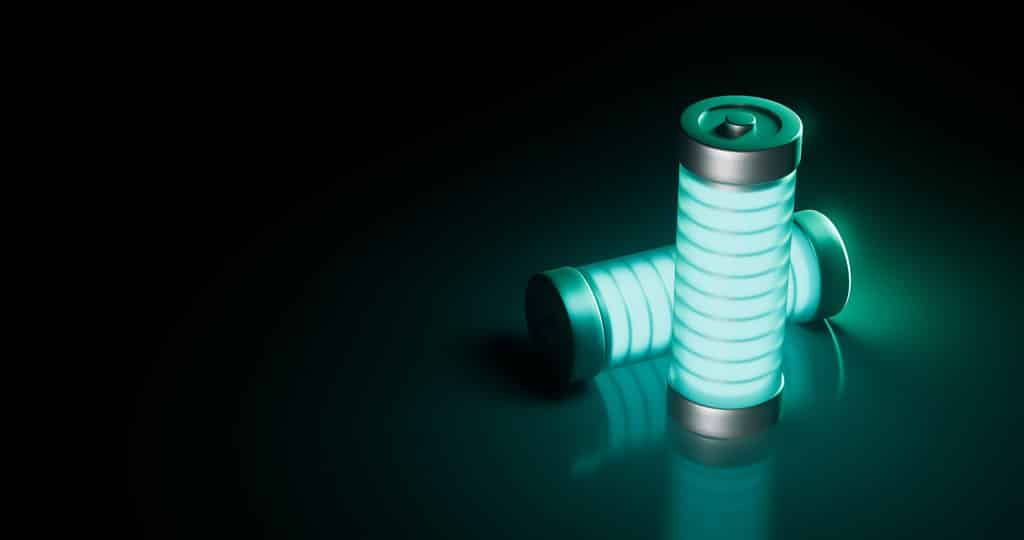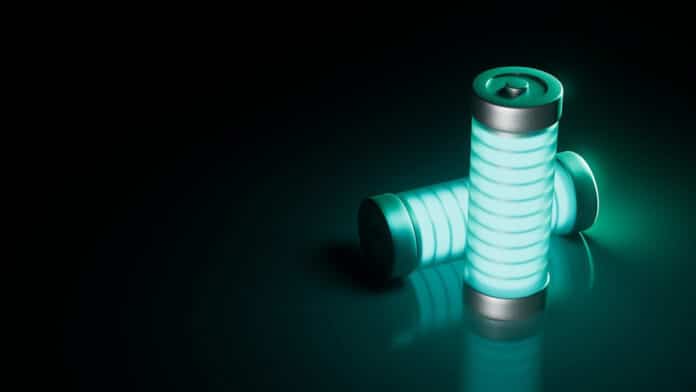Introduction to sodium-ion battery
Lithium is the major component of the electric battery. The excavation of this element is really costly, but this problem can be solved by using a sodium-ion battery. Sodium-ion batteries are cost-effective when compared to lithium because they cost less when compared to lithium batteries. We can reduce the cost of the electric vehicle by using sodium ions in it. Sodium-ion batteries are cheap and it has better storage capacity than lithium-ion batteries.
Lithium-ion batteries have been used for several applications, such as laptops, smartphones, and electric vehicles. The availability and accessibility of sodium have led so many researchers to determine the potential of sodium ions for electric batteries.
How Sodium-Ion batteries are constructed and how do they work?
A sodium-ion battery or salt water battery is constructed from sodium-sulfur. This is a type of molten salt that is prepared from seawater. In the sodium-ion battery, there will be an anode and cathode separator, current collectors (+ve and – ve), and also electrolyte. The anode and cathode will collect the sodium when it is an electrolyte and they’ll control the energy flow. The electrolyte will carry the charged ions to the anode and cathode and vice versa. There will be free electrons in the anode due to the sodium ions and thus charge will be created at the positive collector section. This current will reach the device which is being powered by the battery.

What is the major difference between the Sodium-ion battery and lithium-ion battery?
Sodium-ion battery | Lithium-ion battery |
Lower density | Higher density |
Less energy storage per volume | Higher energy storage |
Not suitable for high-energy battery applications | suitable for high-energy battery applications |
There is no fire risk so it is safe | Good electrode life |
Batteries will last long | These batteries won’t last long |
Lower cost | Costlier than the sodium ion |
Abundant in nature | Not abundant in nature as the sodium ion |
Environmental friendly | Less environmental friendly |
There is no fire risk so its safe | There are chances for fire risks |
Cheaper | Costlier |
It has a higher operating temperature | Lower operating temperature compared to the sodium battery |
Fast charging | Slow charging |
There is no need for ventilation or air condition | Requires ventilation and air condition |
Sodium-ion battery vs Lithium-ion battery
What are the advantages of a Sodium-ion battery over a lithium-ion battery?
Lithium-ion batteries have been around in the market for several years. The research and development in this lithium-ion battery is more than that of the sodium ion battery. Due to this, the application of the sodium ion battery is really less. Sodium-ion batteries are able to do several charging and discharging when compared to lithium-ion batteries. The price of the lithium is going up and the price of the salt battery is really less. Lithium is more reactive than sodium so the salt battery is really safe. Lithium batteries are not capable of operating at lower temperatures like the salt battery.
Sodium-ion batteries can be used for large-scale energy storage applications, but they can’t be used for applications where space is a constraint. There are several advantages to sodium-ion batteries when compared to lithium. However, electrode degradation and energy density are some of the major defects of the salt battery.

Less maintenance
Fully discharge can be easily done in salt water batteries, but it is not the same for the lithium battery. If the lithium battery is entirely discharged then it would affect the battery life
How sodium-ion batteries are friendly to the environment and is it possible to recycle sodium-ion batteries?
The cells in the salt battery or the entire sodium ion battery can be recycled. The metals which are used in the salt battery can be melted down. The extraction of the elements of the sodium battery is really eco-friendly when compared to lithium extraction. Most of the other batteries use earth minerals and the salt water battery is different from all the other types of batteries.
Sodium-ion batteries can be recycled and recycling is really good for the environment. Recycling can secure the resources and also it can reduce the waste. It can prevent pollution, and recycling can be easily done because these batteries don’t use heavy metals. Another advantage of Na-ion batteries is they can be easily disposed of because it doesn’t have any harmful chemicals. The cells in the salt battery have salt water and due to this, there is no fire risk.
Can sodium-ion batteries replace lithium-ion batteries?
The energy density of the sodium-ion battery is really low when compared to the lithium-ion battery. So more sodium ion battery is required to equalize the energy capacity of the lithium-ion. The sodium ion battery will require more space to provide the same energy as the lithium-ion. Due to this the sodium ion battery is not used in several applications such as smartphones, laptops, etc.
In order to use the sodium ion battery there shouldn’t be any space constraint and this is the reason why sodium ion batteries are used for fewer applications. So in the future after several research, if the sodium ion battery can equalize the energy capacity of the lithium batteries then we can see several salt batteries in the market.
Where can we use the sodium-ion battery?
- It can be used where low power is required
- It can be used where long service life is needed
- It can be used where less maintenance is required
- Sodium batteries can be used in extreme climatic conditions
- It can be used in areas where the reduction in the fire load is really important
What are the major advantages of Sodium-ion batteries?
- These batteries are made up of harmless materials
- It has good efficiency
- Less maintenance
- These batteries can be recycled
- These batteries are non-flammable, so it’s really safe
- There is no need for any safety measures like it’s nonflammable and also there is no heating problem
- It can be operated in extreme temperature conditions
- It will last more than a decade and due to this less maintenance is required
- Robust
What are the disadvantages of the sodium ion battery?
- Sodium-ion batteries can’t be used for high-power applications
- It can’t be used as high charge and high discharge batteries
- To maintain a working temperature

